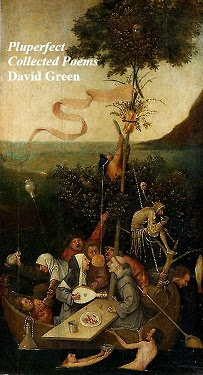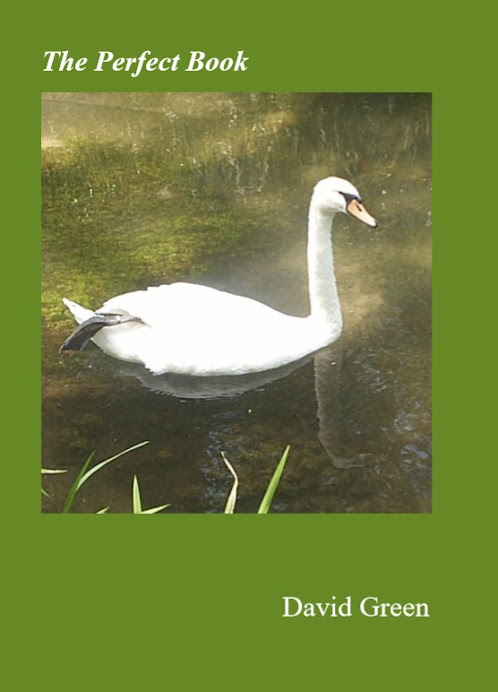
Sean O'Brien, November (Picador)
One day it might be adjudged that we have been living in the Age of Muldoon. The phrase is used by Sean O'Brien in his anthology, The Firebox, although not with the capital letter that makes it look official. But O'Brien himself is also likely to be a candidate to be made central to the poetry of our time.
It is sometimes suggested that there is a ready-made aspect to some of his phrases, a recycling of cliche that is identified by Alvarez in his essay on Auden in The Shaping Spirit,
They are all phrases from that Thesaurus of Social Abuses which became so thumb-marked in the 'thirties. It is as though Auden had not written the lines at all, but merely compiled them.
and then one wonders if it's worth turning to Donald Davie's thoughts, in Purity of Diction in English Verse, about refreshing cliche.
But then it's possible to trawl through this collection to identify how many such phrases there are and find it might not be quite be as true as one thought. It is not here the case that O'Brien is re-making worn-out expressions but returning to set piece ideas of his own, the stalled sense of purpose found on afternoons of rain, outside of history, with things turning back on themselves and the participants doubting their own reality. It is the post-Marxist aftermath of a deracinated, derelict culture.
But, looking back at Alvarez, it is Auden's poem Consider that he discussed there that could have had a big influence on O'Brien's method with its tone of diagnosis and issuing of imperatives.
If some of these poems look familar, it is not only because they continue O'Brien's disconsolate view of the state of affairs but also because they appeared in the recent book Night Train. It is in the decline of the railway system that he has found an extended metaphor for the wilderness and the enforced obsolete.
As well as tributes and memoirs of recently deceased poets, O'Brien has poems here in memory of his parents, the Elegy to his mother being one of his most memorable recent poems. It ends when he offers his seat on a bus to a woman of similar age to his mother, who declines, adding,
We haven't come this far to give up now.
That lives are still led with such dignity is in spite of the way they are processed,
The post still comes. The state that failed to keep the faith
Pursues you for its money back.
and the way, in the cinema in Verite: Great Junction Street,
We could not see that what the adverts meant
Was us, the grubby herd among the stalls.
The spraunching morons and fat girls
Who lusted for a Hillman Minx were those
We'd marry
The consolation for our disenfranchisement, the theft of our identity, the fact that we are not suffered to even own ourselves is only that we are allowed to express it.







No comments:
Post a Comment
Note: only a member of this blog may post a comment.